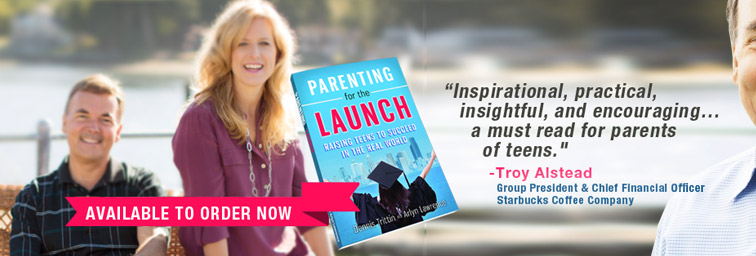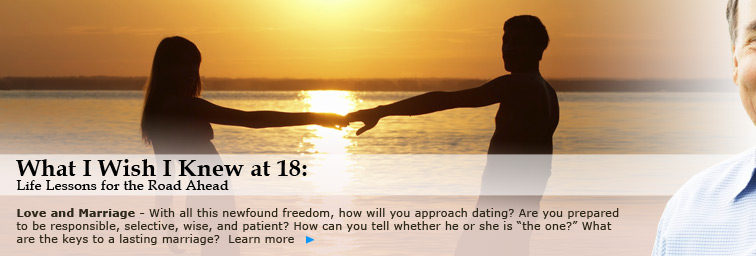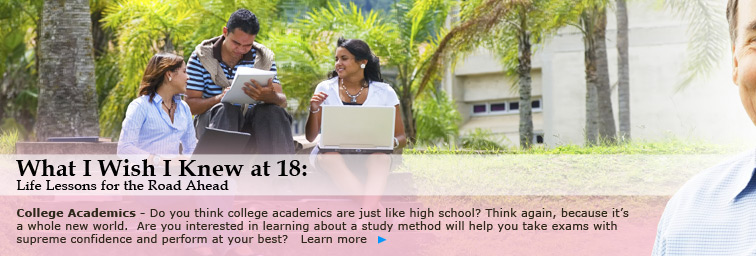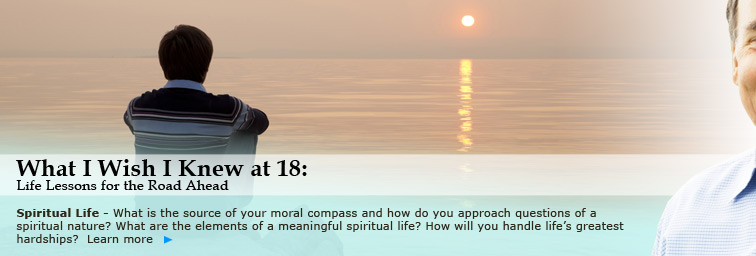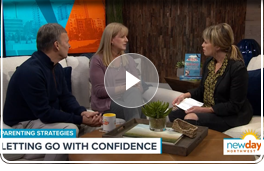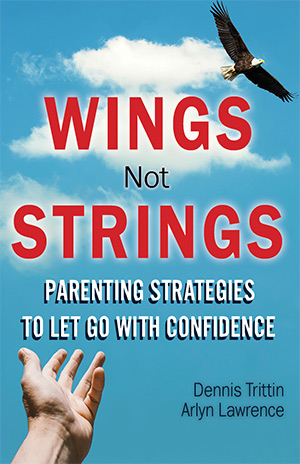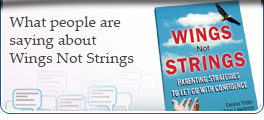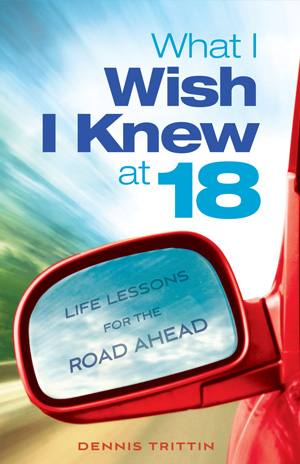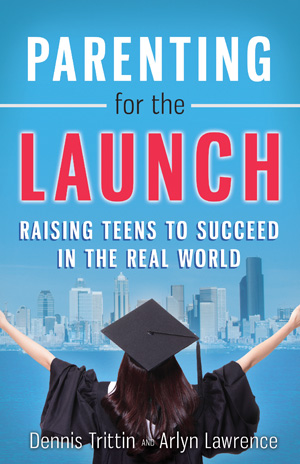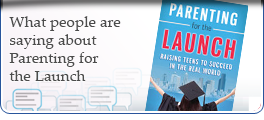Recognize What True Love Is
7/29/2012 10:52:43 PM
It’s unfortunate the English language has only one word for love. We can say we love our friends, family, and spouse—and we can also say we “love” chocolate, our dog, and our favorite TV show!
It’s also unfortunate that the media and other cultural drivers constantly send distorted messages to young people about what love is. Sadly, too many believe those messages and end up making terrible life decisions and bearing deep emotional scars as a result.
I believe it’s our responsibility as parents and educators to do what we can to instill a healthy understanding of what true “love” really looks like. My definition would include:
- enduring emotional regard for another
- steadfast loyalty
- strong affection arising out of kinship or personal ties
- admiration, benevolence, or common interests
- unselfish loyalty and genuine concern for the good of another
- putting another’s interests ahead of your own
Many times people will say they’re in love when, really, they are in “lust.” Some definitions to describe “lust” might include:
- passionate or overwhelming physical desire
- craving another
- intense, impatient, or unbridled sexual desire or appetite
- pursuit of fulfilling one’s own satisfaction/needs/wants
For young people, knowing what true love really is can be confusing—and intimidating. Sometimes they think when they feel attraction that it is love. But at this point it might more accurately be called infatuation or, if it’s especially intense, lust. Love involves much more than a physical attraction—although that’s certainly part of it.
Especially for people who may be experiencing attraction, infatuation, and “love” for the first time, it can be hard to tell the difference. Remind them, real love takes time and timing and a healthy relationship will go through a natural progression of growth stages.
Encourage the young adults in your life—whether your own kids, students you teach, or teens you mentor—to stand firm and not be fooled. Regardless of what they see on TV or hear on the radio, love isn’t just a bundle of intense feelings, emotion, and attraction. It’s all of the deeper elements mentioned above. They need to learn to know the difference. Their most important love relationship depends on it!
How have you encouraged the young people in your life to think about their most important love relationship, either now or in the future? Can they see the importance of making sure it’s built on the right foundation? Share your comments on our website; we’d love to hear your thoughts and ideas!
Tagged as: What I Wish I Knew at 18, life skills, leadership, love, relationships, boundaries, dating, marriage
